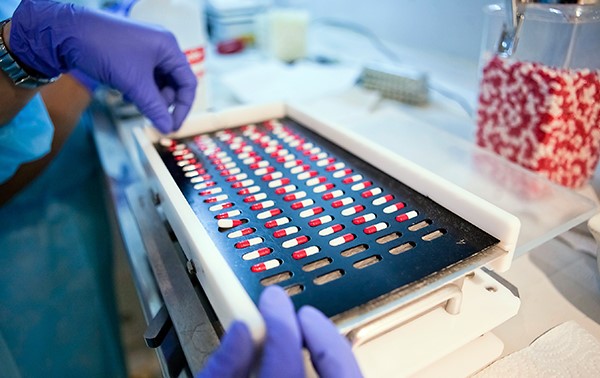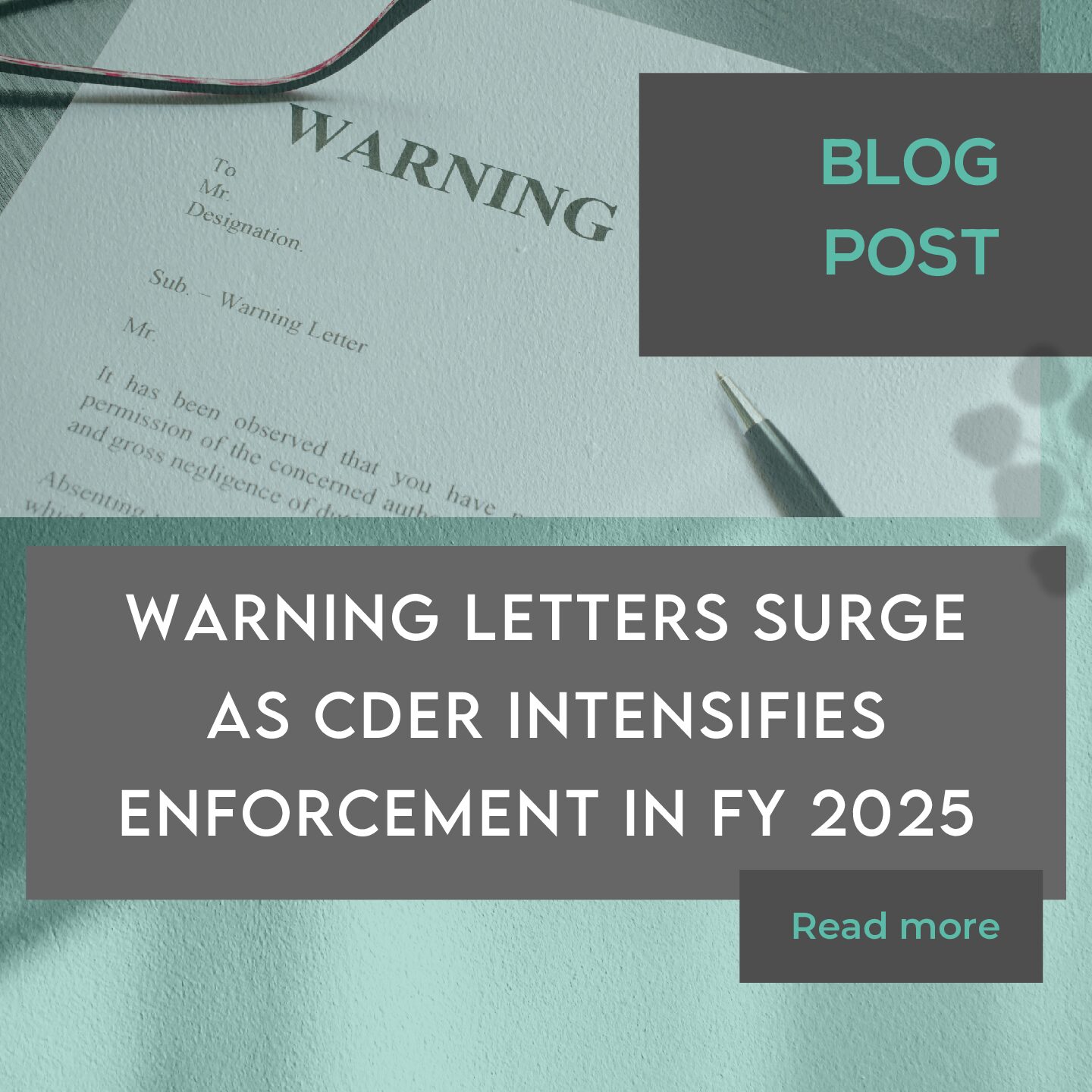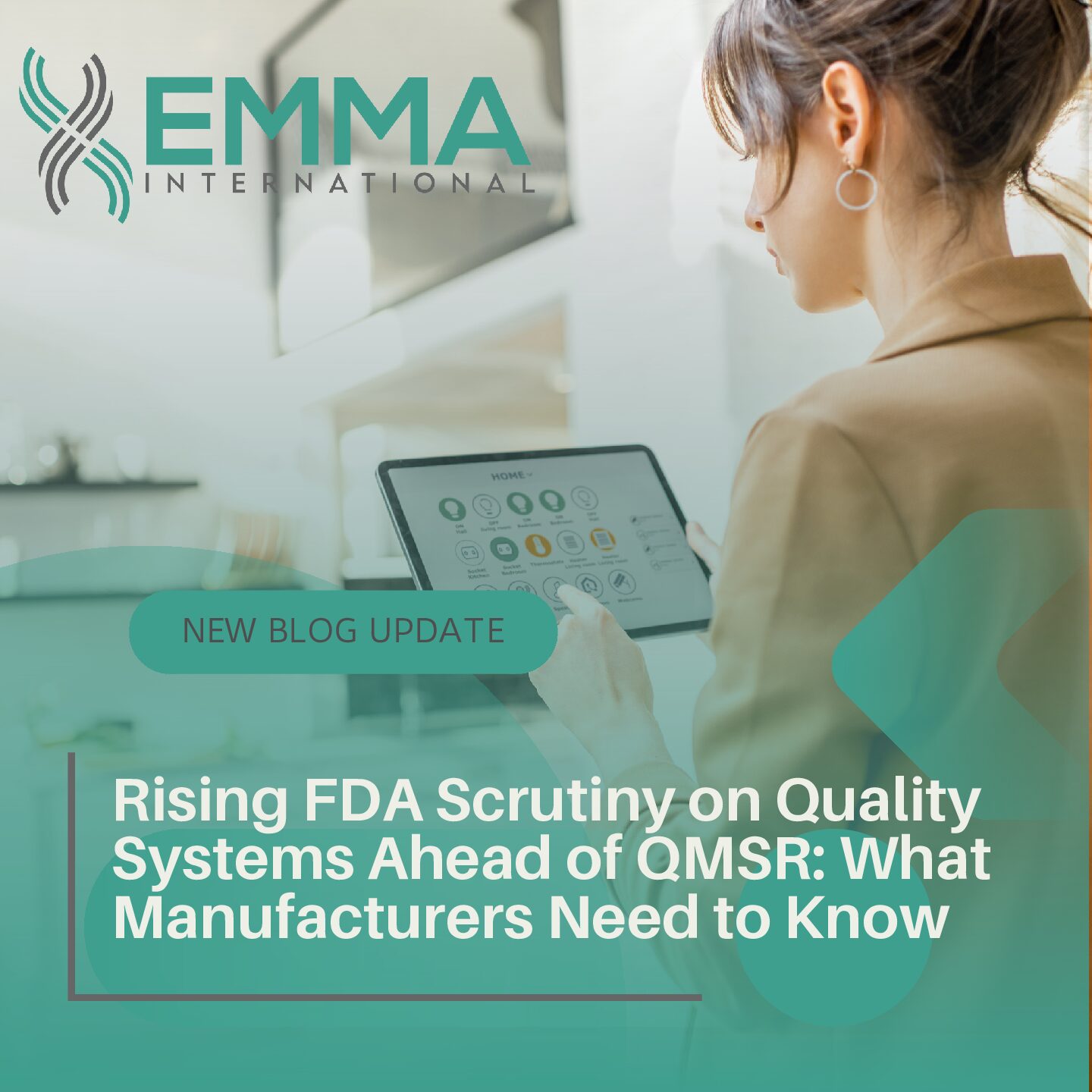If you are a drug manufacturer in the US, an Annual Drug Product Review (ADPR) should be familiar to you. ADPRs are exactly what they sound like – an annual review of your drug product based on product batch and product yield, customer complaints, recalls, stability data, and validation data just to name a few. ADPRs should be performed in order to maintain compliance with 21 CFR 211.180 and to be in alignment with the FDA’s Guidance for Industry, Q7A GMP for Active Pharmaceutical Ingredients.[1]
There are several benefits and reasons to perform an ADPR on top of checking the compliance box. One of the objectives of an ADPR is to verify the consistency of the process, including looking at critical test results, reviewing batch and production yield, and investigating if any corrective actions or revalidations should be undertaken. This will allow manufacturers to be proactive in their operations and catch any issues before they become disasters. Additionally, reviewing product and batch yield is an opportunity to ensure that processes are efficient and do not cost firms additional money in wasted raw ingredients, APIs, or finished product.
ADPRs should be held by a quorum of management representatives, quality assurance and regulatory affairs personnel, and any member of the team that would be instrumental in necessary trending of drug product performance. It is a narrower focus than your typical management review; it looks specifically at the records for each product individually instead of at larger QMS or production performance.
Some drug products or operations may warrant more frequent product reviews. Some larger firms perform them quarterly, depending on the amount of drug product being produced or if there are existing known issues with a specific drug. You should be performing these reviews at least annually, and have a documented process irrespective of the frequency.
Drug product reviews are not just a requirement of the FDA, other international regulators require them as well. If you need assistance with implementing an ADPR process, EMMA International has a team of experts ready to help! Contact us at 248-987-4497 or email info@emmainternational.com to learn more!
1FDA (June 2018) FDA’s Adverse Event Reporting System (FAERS), retrieved on June 27, 2022, from https://www.fda.gov/drugs/surveillance/questions-an[1] FDA (Aug 2018) Guidance for Industry, Q7A GMP Guidance for Active Pharmaceutical Ingredients retrieved from: https://www.fda.gov/regulatory-information/search-fda-guidance-documents/guidance-industry-q7a-good-manufacturing-practice-guidance-active-pharmaceutical-ingredientsd-answers-fdas-adverse-event-reporting-system-faers






